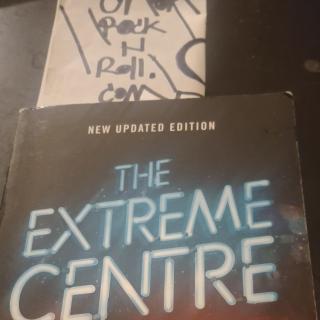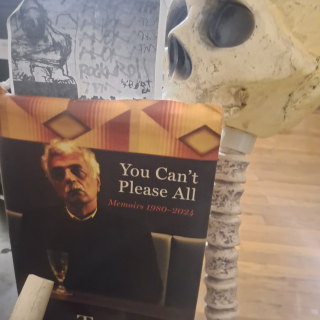Take an improbable real-life event, add a few history lessons, throw in an inspirational sermon or two, season it with a dollop of satire and romance and pour the whole concoction into a crime-drama mold. Then, for good measure, top it all off with an impassioned plea for decency.
What do you get? With Spike Lee as the director, you get the messy, magnificent and moving BlacKkKlansman.
John David Washington (Denzel’s son) stars as Ron Stallworth, who in the early 1970s becomes the first black cop in the Colorado Springs Police Department. Though at first relegated to serving in the records room, Ron is eager to try undercover work and jumps at the chance to infiltrate a student-sponsored event featuring Kwame Ture, the civil rights activist formerly known as Stokely Carmichael. There Ron proves his worth by taking to subterfuge like Trump to hyperbole. As a reward, he’s reassigned to the department’s intelligence unit.
It’s then that Ron undertakes the project that gives the film its name. Finding a contact number for the local chapter of the Ku Klux Klan, he impulsively picks up the phone and introduces himself as a white racist who’s eager to join up. The obvious complication: He’s not white. Thus begins an elaborate ruse in which Ron talks to Klan officials over the phone while fellow detective Flip Zimmerman (Adam Driver) stands in for him in person.
The script, co-written by Lee and based on the book by the real-life Ron Stallworth, incorporates a variety of elements that would overwhelm a lesser and less-committed director.
In a broadly satiric early scene, a neo-Nazi (Alec Baldwin) is shown stumbling his way through a videotaped appeal to racism. In other comedic moments, Lee takes a lightly mocking approach to 1970s black culture, as when Ron primps his impressive ’fro or debates the relative merits of “Blaxploitation” flicks Shaft and Superfly with would-be girlfriend Patrice (Laura Harrier).
But Lee isn’t afraid to turn serious about America’s long history of racism. An early example comes when a disguised Ron and a roomful of solemn African-Americans watch as guest speaker Ture (Corey Hawkins) makes a plea for black solidarity. Lee also acknowledges the ignominious role his own industry has played in race relations by incorporating scenes from D.W. Griffith’s The Birth of a Nation, the 1915 epic that depicted the Klan as the savior of white America.
Tying these disparate elements together is a tense crime drama involving Flip’s attempt to infiltrate the Klan on Ron’s behalf. Though the newcomer is welcomed by Klan officials—even including Grand Wizard David Duke (That ’70s Show’s Topher Grace)—he’s met with suspicious hostility by the mercurial Felix Kendrickson (Jasper Paakkonen). This creates a dangerous situation for Flip, who as a Jew would be just as unwelcome in the Klan as the black man he’s standing in for.
Stuffing so many elements into a 135-minute film means something has to give, and to some extent that’s characterization. We’re impressed by the quick thinking both Ron and Flip exhibit when circumstances threaten to blow their covers, but we have little idea what makes either of them tick. They, like everyone else, exist to serve the plot and the inspirational message Lee is trying to put across.
But what a plot, with a climax as ironic as it is explosive. And what a message, one that’s even more relevant today than it was in the 1970s.
To make sure we don’t miss that fact, Lee sprinkles winking references to Trump-inspired bigotry here and there. Then, after we think all the loose ends have been tied up, he revisits the Charlottesville tragedy that made the president’s subservience to the “alt right” abundantly clear. (In fact, the film’s opening is timed to coincide with that event’s first anniversary.)
Some might complain that by linking a 1970s story to the current political situation, Lee has hurt the film’s timeless appeal. Another way to look at it is that Lee is pointing out a timeline. Racism has always been present in the American psyche, where it is ripe to be exploited by the likes of D.W. Griffith or Donald J. Trump. Think of BlacKkKlansman as a warning that the battle for equality is never really over.



